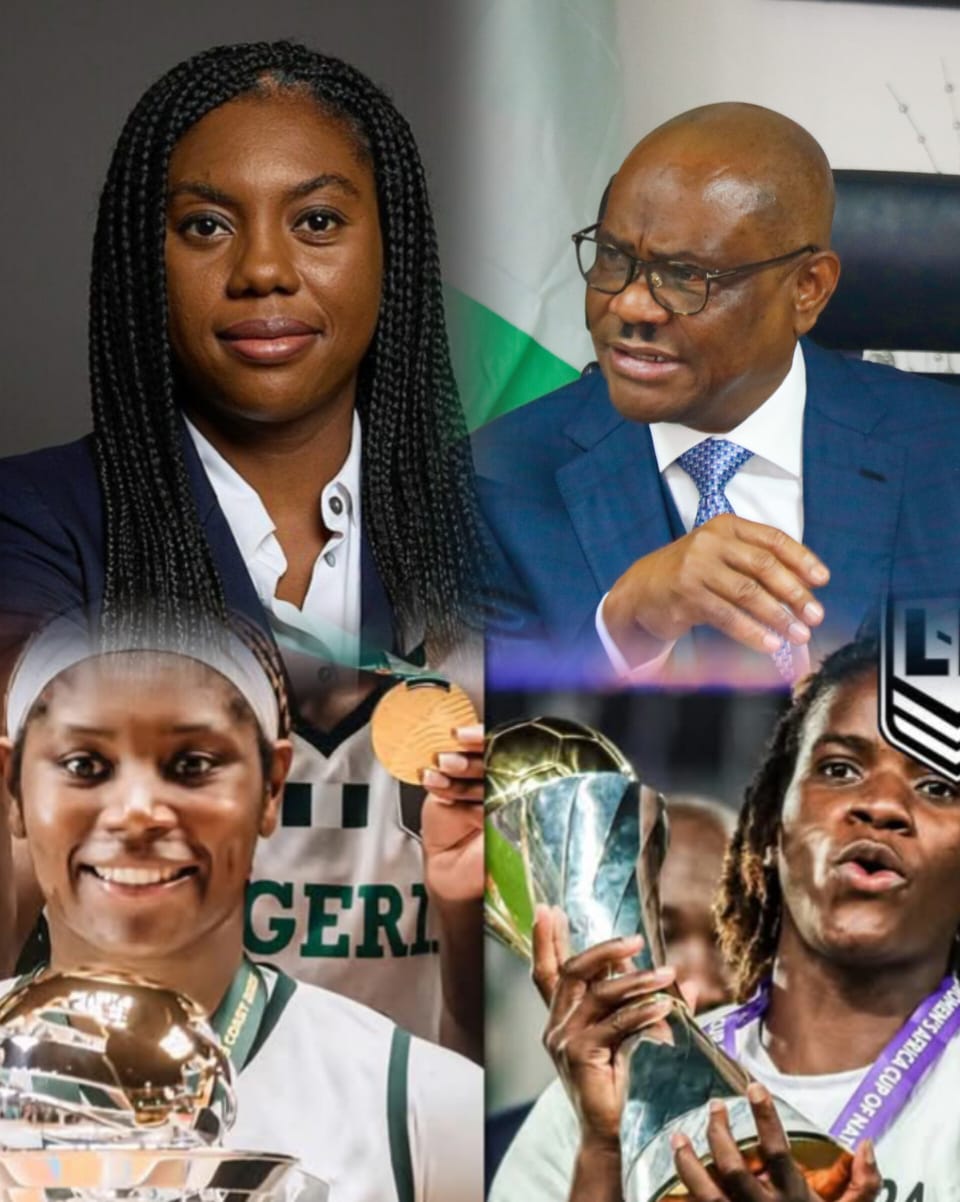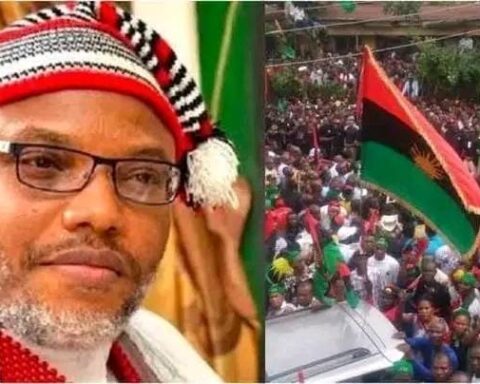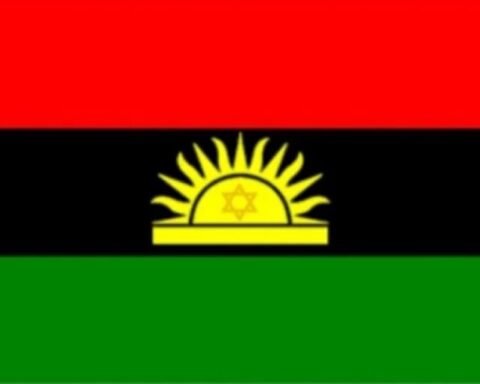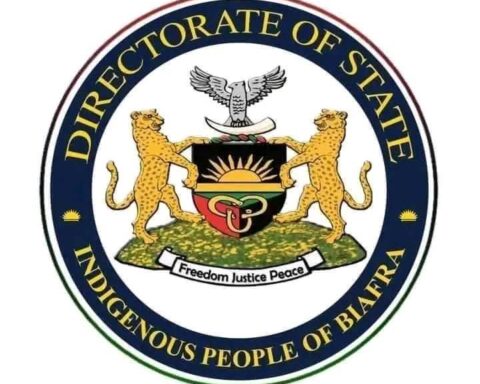By Victor Anazonwu
It’s a season of denials.
Kemi Badenoch, the rising British political star with Nigerian roots, recently distanced herself again from her ancestral country. In one breath, she admits her parents are Nigerian. In the next, she asserts with striking finality that she is not. One can guess why. In the harsh court of global public opinion, Nigeria’s image is not exactly shining. Corruption. Kidnappings. Power outages. Electoral controversies. Many who can afford to walk away, do. Especially when there’s a British passport in hand.
But she is not alone.
Across the Atlantic, and more pointedly inside Nigeria itself, there is a parallel chorus of disavowals. Nyesom Wike, current Minister of the Federal Capital Territory and one of Nigeria’s most powerful political figures, insists he is not Igbo, despite historical and linguistic evidence that connects the Ikwerre people of Rivers State his ethnic group to the wider Igbo family. Others from Ika and parts of Anioma in Delta State echo the same rejection, particularly in this season when Igbo identity in Nigeria has become something of a political slur. In today’s Nigeria, to be labeled “Igbo” in some circles is to risk exclusion, suspicion, or worse.
But fate, that old trickster, is not finished.
Just as the country seems to reel under the weight of division, and as ethnic identities are weaponized in the political arena, Nigeria has suddenly found itself in the glow of victory. First, the Super Falcons reclaimed their title as champions of African women’s football. Then, barely a week later, the D’Tigress brought home the crown in women’s basketball, completing a double triumph that has thrilled a nation desperately in need of good news.
And then comes the poetic twist: the Most Valuable Players (MVPs) of both teams are Igbo women. Esther Okoronkwo in football. Amy Okonkwo in basketball. Two daughters of a tribe that many try to deny yet who stood tallest on Africa’s grandest sporting stages, lifting Nigeria high with grace, grit, and goals.
The names Okoronkwo and Okonkwo mean exactly the same but represent two of the many dialects of the Igbo language. It is the name of the tragic hero in Things Fall Apart by China Achebe, easily the most popular work of fiction by an African writer to date. If there is any name that represents the ancestral core of Igbo ethnicity, it is probably this name.
What is the universe trying to tell us?
That no matter how unpopular or politically inconvenient it may be to claim one’s roots, identity finds a way to shine through? That nations like individuals deny their essence at their own peril? That greatness, when nurtured, transcends the petty boundaries we erect around language, tribe, and history?
In trying to erase or disclaim parts of ourselves, we risk becoming smaller than we are. When a nation like Nigeria encourages this internal fragmentation, it chips away at its own strength. And when individuals politicians, professionals, or public figures disown their cultural ancestry to gain political favor or social acceptance, they miss an opportunity to teach the world a richer, more nuanced story.
Kemi Badenoch may insist she is British and not Nigerian. That is her right. Nyesom Wike may declare he is Ikwerre, not Igbo. That is his prerogative. But meanwhile, the universe continues to speak through the talents of young women who proudly bear Igbo names and drape themselves in green-white-green jerseys.
Perhaps what Nigeria, and indeed the world, needs is not less identity, but more courage to embrace it. Especially in times like these.
Because, as the victories of Esther and Amy remind us, no matter how loud the season of denial gets, excellence always finds a way to speak. And sometimes, it speaks with an unmistakable accent.
Follow us on all social media platforms @dailyquery for news and analyses around the globe.



























